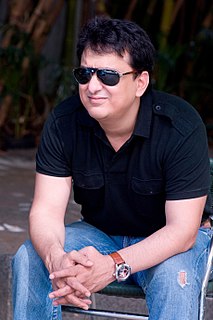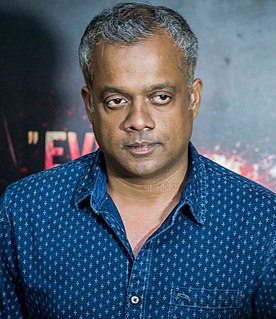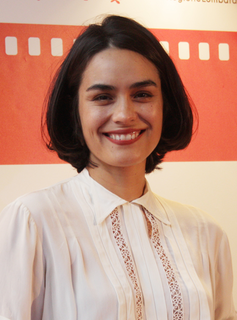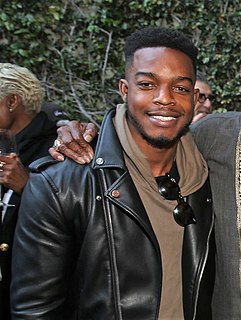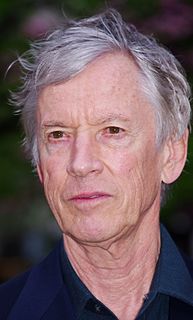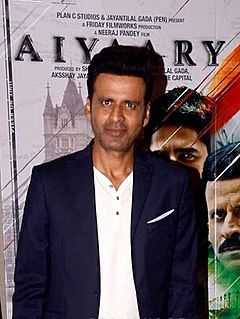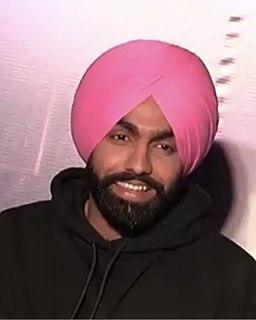A Quote by Sajid Nadiadwala
After I read the story of 'Dangal' and before the film released, I called director Nitish Tiwari asking him if he had any good script. He told me to wait for some time. So we had three-four sittings, and this film, 'Chhichhore,' came to him. The film did not have superstars, but I felt that this is the script that needs to be told.
Related Quotes
With a good script a good director can produce a masterpiece; with the same script a mediocre director can make a passable film. But with a bad script even a good director can’t possibly make a good film. For truly cinematic expression, the camera and the microphone must be able to cross both fire and water. That is what makes a real movie. The script must be something that has the power to do this.
When you start out as an actor, you read a script thinking of it at its best. But that's not usually the case in general, and usually what you have to do is you have to read a script and think of it at its worst. You read it going, "OK, how bad could this be?" first and foremost. You cannot make a good film out of a bad script. You can make a bad film out of a good script, but you can't make a good film out of a bad script.
Even when 'Kaakha Kaakha' was released, there were people who gave it an average rating and said they couldn't figure out what was happening. Three days after its release, the producer called me and asked me to remove all of Jothika's scenes from the film. I told him; in that case, you can also remove my name from the director's slot.
I did a film called The Jesuit, which was an independent film. I did that shortly after Mistresses. I was still feeling soft and I was nursing, but it was a character I'd never played before. That was a Paul Schrader script, with an up-and-coming Mexican director, named Alfonso Ulloa. That has Tim Roth and Paz Vega in it, and I enjoyed that, as well.
The third season of the Leftovers came along and Damon Lindelof sent me the script to Episode 3, and I called him up and thanked him for one of the greatest gifts I've been given. I had that script for almost two months, in the mountains in Idaho, before I even got on a plane and flew to Australia and went to the outback. He also told me to learn about the indigenous people in Australia and learn how to play a didgeridoo. It was just great. It was probably, in many ways, the best acting experience I've ever had.
Well, there's two things I have criteria for doing a film: The script, which is the story, and the filmmaker, and it's a filmmaker's medium. I like really strong directors, and so when I do a film, I'm out there to serve the director, really, which is in turn to serve the script, to serve the director cause he's the one making the film. I relied on Todd Haynes for that.
Nobody told me there was any idea for a sequel to 'The Exorcist.' But my agent called me to tell me they were going to do it, and there was a part for me. I said, 'But I died in the first film.' 'Well,' he told me, 'this is from the early days of Father Merrin's life.' I told him I just didn't want to do it again.
